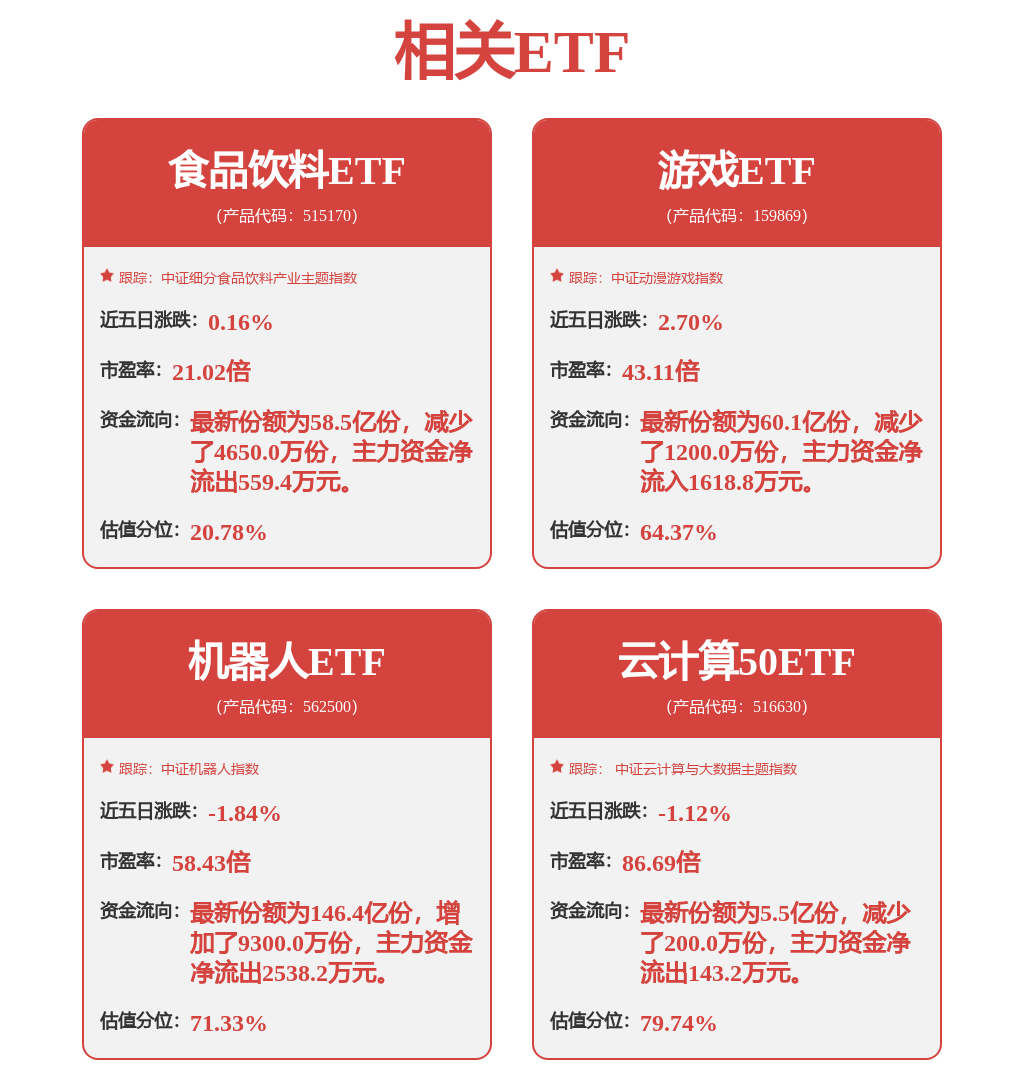ASP.Net下载大文件的实现方法
本文实例讲述了ASP.Net下载大文件的实现方法。分享给大家供大家参考。具体分析如下:
当我们的网站需要支持下载大文件时,如果不做控制可能会导致用户在访问下载页面时发生无响应,使得浏览器崩溃。可以参考如下代码来避免这个问题。
关于此代码的几点说明:
1. 将数据分成较小的部分,然后将其移动到输出流以供下载,从而获取这些数据。
2. 根据下载的文件类型来指定 Response.ContentType 。(参考OSChina的这个网址可以找到大部分文件类型的对照表:http://http://www.zjjv.com///commons)
3. 在每次写完response时记得调用 Response.Flush()
4. 在循环下载的过程中使用 Response.IsClientConnected 这个判断可以帮助程序尽早发现连接是否正常。若不正常,可以及早的放弃下载,以释放所占用的服务器资源。
5. 在下载结束后,需要调用 Response.End() 来保证当前线程可以在最后被终止掉。
代码如下:
using System;
namespace WebApplication1
{
public partial class DownloadFile : System.Web.UI.Page
{
protected void Page_Load(object sender, EventArgs e)
{
System.IO.Stream iStream = null;
// Buffer to read 10K bytes in chunk:
byte[] buffer = new Byte[10000];
// Length of the file:
int length;
// Total bytes to read.
long dataToRead;
// Identify the file to download including its path.
string filepath = Server.MapPath("/") +"./Files/TextFile1.txt";
// Identify the file name.
string filename = System.IO.Path.GetFileName(filepath);
try
{
// Open the file.
iStream = new System.IO.FileStream(filepath, System.IO.FileMode.Open,
System.IO.FileAccess.Read, System.IO.FileShare.Read);
// Total bytes to read.
dataToRead = iStream.Length;
Response.Clear();
Response.ClearHeaders();
Response.ClearContent();
Response.ContentType = "text/plain"; // Set the file type
Response.AddHeader("Content-Length", dataToRead.ToString());
Response.AddHeader("Content-Disposition", "attachment; filename=" + filename);
// Read the bytes.
while (dataToRead > 0)
{
// Verify that the client is connected.
if (Response.IsClientConnected)
{
// Read the data in buffer.
length = iStream.Read(buffer, 0, 10000);
// Write the data to the current output stream.
Response.OutputStream.Write(buffer, 0, length);
// Flush the data to the HTML output.
Response.Flush();
buffer = new Byte[10000];
dataToRead = dataToRead - length;
}
else
{
// Prevent infinite loop if user disconnects
dataToRead = -1;
}
}
}
catch (Exception ex)
{
// Trap the error, if any.
Response.Write("Error : " + ex.Message);
}
finally
{
if (iStream != null)
{
//Close the file.
iStream.Close();
}
Response.End();
}
}
}
}
希望本文所述对大家的asp.net程序设计有所帮助。




